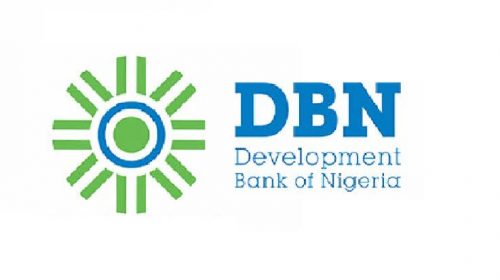Profession should play greater role in attracting diverse …… ACCA

The accountancy profession should identify more pro-active approaches to continue to improve social mobility, according to a new report from ACCA (the Association of Chartered Certified Accountants).
Purpose and the profession, a global survey of 13,635 members and students, ACCA has found that social mobility is transforming the potential talent pool for professional accountants.
The survey found that 32% of Nigerian respondents came from backgrounds where neither parent or guardian had gone to university. The global average is 52%.
Yet the report also notes that the profession needs to take a more pro-active, leadership-based approach to ensure it can continue to attract and support a diverse global talent-pool through their careers.
Thomas Isibor, Head of ACCA Nigeria, says,
‘This report highlights two great areas for optimism around social mobility. The first is that improving social and economic development continues to provide opportunity for an increasingly diverse talent-pool, with the demonstrable benefits that brings.
‘The second is that accountancy remains an aspirational and accessible route to social mobility for many in developed and developing nations.’
Yet the report also highlights that the decision to pursue an accountancy career is too dependent on individuals’ and parents’ drive. In Nigeria, only 9% of those surveyed were influenced by a teacher or careers advisor(compared to a global average of 13%).
Thomas Isibor says,
‘The perception that ’this is not for me’ is a dangerous stigma to be attached to a profession. Many still see the profession as middle aged and male.
‘While this is no longer true, it is likely that only those with prior knowledge or social capital will appreciate the diversity of the profession and flexibility of access.
‘Put simply, the profession as a whole must work harder to engage young people with the opportunities and rewards it offers, and instil confidence that it welcomes a variety of backgrounds and academic levels.’
The report makes several recommendations, including:
• Improving awareness of the profession as a career choice at younger levels
• Removing barriers through introducing flexible learning routes and seeking to remove bias from the recruitment process
• Focusing on new skills and lifelong learning – keeping the profession relevant and catering to a diverse set of career opportunities
• Collecting data on social diversity and using results to drive forward change
• The use of Social Networks such as Slack or Coworker to break down closed professional networks
• Engaging with social policy at a national level – to support and advise policy-makers on how to achieve greater educational and social outcomes
Thomas Isibor adds,
‘The accountancy profession has done a lot to improve social mobility and access in recent years. Yet this report highlights that we cannot rest on our laurels in a fast-changing world.
‘The profession as a whole must demonstrate leadership on this issue to continue to widen the talent-pool and ensure business is led by the very best, regardless of social background.’






Leave a Reply